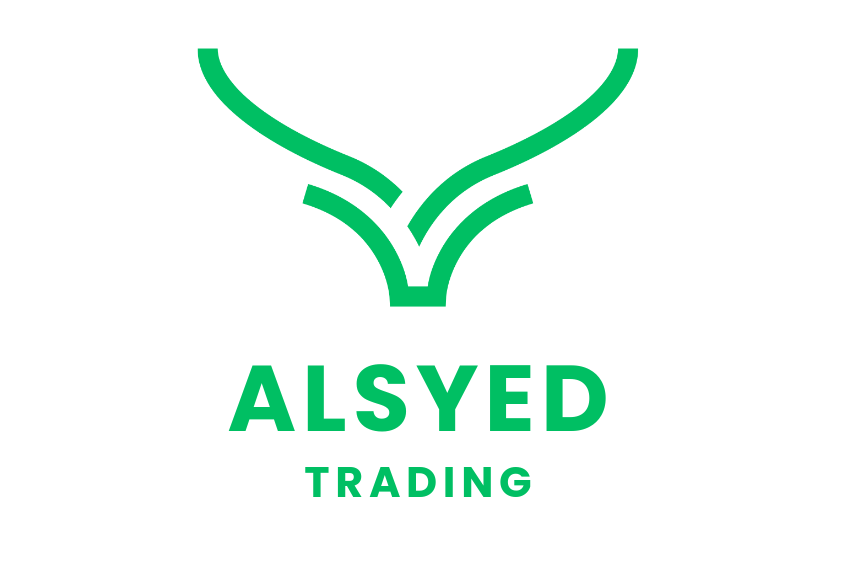In the competitive landscape of trading, futures prop firms offer an invaluable opportunity for traders to enhance their skills and increase their potential earnings. These firms provide the necessary capital, resources, and support, enabling traders to thrive in the futures markets. In this comprehensive guide, we will explore what futures prop firms are, how they operate, and the advantages they offer to aspiring traders.
Table of Contents
What Are Futures Prop Firms?
Futures proprietary trading firms (or prop firms) are companies that trade financial instruments, particularly futures contracts, using their own capital. Unlike traditional brokerage firms that merely facilitate trades for clients, prop firms engage in trading as a primary business. They hire traders and provide them with capital, technology, and training to execute trades on behalf of the firm.
Key Features of Futures Prop Firms
- Capital Allocation: Prop firms provide traders with substantial capital to trade, allowing them to leverage their strategies without risking personal funds.
- Profit Sharing: Traders typically receive a percentage of the profits they generate, incentivizing performance and aligning the interests of traders and firms.
- Advanced Technology: These firms invest in cutting-edge trading platforms, tools, and research to support traders in making informed decisions.
- Training and Mentorship: Many prop firms offer comprehensive training programs and mentorship to help traders refine their skills and strategies.
How Do Futures Prop Firms Operate?
1. Recruitment and Training
Futures prop firms usually seek traders with potential, regardless of their experience level. They often conduct interviews, trading simulations, and assessments to evaluate candidates. Once selected, traders undergo training to familiarize themselves with the firm’s trading strategies, risk management practices, and proprietary tools.
2. Capital Allocation and Risk Management
Upon successful training, traders receive allocated capital to trade. Firms implement strict risk management protocols to protect their capital and minimize losses. This may include setting daily loss limits, position size restrictions, and performance evaluations.
3. Trading Strategies and Performance Evaluation
Traders employ various strategies based on their strengths and market conditions. Firms typically encourage a range of strategies, from day trading to swing trading. Performance is regularly evaluated, and traders receive feedback to help them improve.
Advantages of Joining a Futures Prop Firm
1. Access to Significant Capital
One of the primary advantages of joining a futures prop firm is access to substantial capital. This enables traders to take larger positions and enhance their profit potential without risking their own money.
2. Enhanced Trading Education
Futures prop firms often provide extensive educational resources. Traders can benefit from workshops, webinars, and one-on-one mentorship, allowing them to deepen their understanding of market dynamics and trading strategies.
3. Networking Opportunities
Working within a prop firm creates networking opportunities with other traders and industry professionals. This can lead to valuable insights, collaboration, and potential partnerships in the trading community.
4. Reduced Financial Risk
By trading with firm capital, traders can mitigate the financial risks associated with personal trading. This allows them to focus on developing their skills and strategies without the pressure of personal financial loss.
Challenges Faced by Traders in Futures Prop Firms
1. High Performance Expectations
While prop firms provide resources and capital, they also set high performance expectations. Traders must consistently meet or exceed profit targets to maintain their positions and capital allocation.
2. Risk of Losses
Even with firm capital, traders can face losses, which can lead to reduced capital allocation or termination of their trading privileges. Effective risk management strategies are essential for long-term success.
3. Competitive Environment
The competitive nature of prop firms means that traders are often vying for limited capital and resources. This environment can be challenging for those who struggle to adapt or perform consistently.
Choosing the Right Futures Prop Firm
1. Reputation and Credibility
When selecting a prop firm, it’s crucial to research its reputation. Look for firms with a proven track record of success and positive reviews from current and former traders.
2. Trading Conditions and Fees
Evaluate the trading conditions offered by the firm, including leverage, commissions, and profit-sharing structures. Transparent fee structures and favorable conditions can significantly impact a trader’s profitability.
3. Training and Support Programs
Consider the quality of training and mentorship provided. A firm that invests in the development of its traders can help foster long-term success.
4. Technology and Resources
Assess the trading platforms and resources available. Advanced technology can enhance trading efficiency and decision-making, giving traders a competitive edge.
Conclusion
Futures prop firms present an exciting opportunity for traders to elevate their trading careers. By providing capital, education, and a supportive environment, these firms enable traders to thrive in the futures markets. Understanding the operations, benefits, and challenges associated with prop trading can help aspiring traders make informed decisions about their careers.
For further insights into futures prop firms and their operations, check out this resource: Futures Prop Firms Article.
